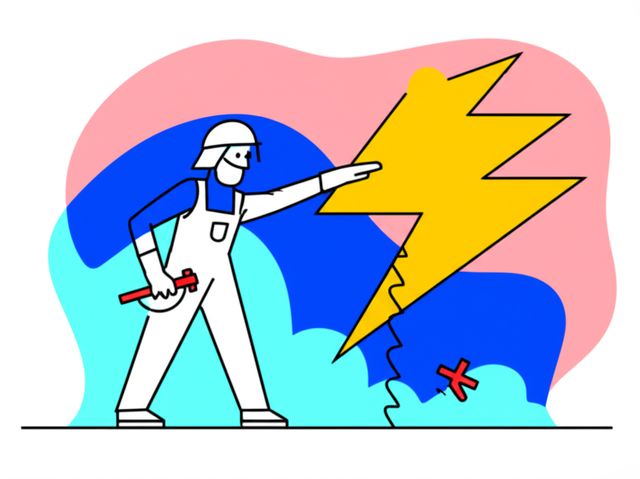Disaster Management
Disaster Management is the discipline of dealing with and minimizing the impact of disasters, including natural disasters such as earthquakes, floods, and hurricanes, as well as human-caused disasters such as industrial accidents and terrorist attacks. Disaster Management involves preparing for, responding to, and recovering from disasters, and is a critical field of study for anyone interested in protecting communities and saving lives.
Why Study Disaster Management?
There are many reasons to study Disaster Management. First, it is a field that is constantly evolving, as new technologies and strategies are developed to improve our ability to prepare for, respond to, and recover from disasters. Second, Disaster Management is a field that offers a wide range of career opportunities, from working in government agencies to non-profit organizations to private companies. Third, Disaster Management is a field that can make a real difference in the world, by helping to save lives and protect communities from the devastating effects of disasters.
What Courses Can Help Me Learn About Disaster Management?
There are many online courses that can help you learn about Disaster Management. These courses can teach you about the different aspects of Disaster Management, from preparing for disasters to responding to and recovering from them. Some of the most popular online courses on Disaster Management include:
- Fundamentals of Humanitarian Logistics
- International Charities in Humanitarian Crises
- Healthcare and Crisis Preparation
These courses can provide you with a solid foundation in the principles and practices of Disaster Management. They can also help you develop the skills you need to work in the field of Disaster Management.
What are some careers that involve Disaster Management?
There are many different careers that involve Disaster Management. Some of the most common careers include:
- Emergency Manager
- Disaster Relief Worker
- Public Health Emergency Preparedness Coordinator
- Risk Manager
- Environmental Health Specialist
These careers all involve working to prepare for, respond to, and recover from disasters. They can be rewarding careers that make a real difference in the world.
What are the benefits of learning about Disaster Management?
There are many benefits to learning about Disaster Management. Some of the most important benefits include:
- You will be better prepared to protect yourself, your family, and your community from disasters.
- You will be able to help others prepare for, respond to, and recover from disasters.
- You will be able to make a real difference in the world by helping to save lives and protect communities.
What can I do with an education in Disaster Management?
With an education in Disaster Management, you will be prepared for a wide range of careers. Some of the most common careers include:
- Emergency Manager
- Disaster Relief Worker
- Public Health Emergency Preparedness Coordinator
- Risk Manager
- Environmental Health Specialist
These careers all involve working to prepare for, respond to, and recover from disasters. They can be rewarding careers that make a real difference in the world.
How can online courses help me learn about Disaster Management?
Online courses can be a great way to learn about Disaster Management. They offer a flexible and affordable way to learn about the different aspects of Disaster Management, from preparing for disasters to responding to and recovering from them. Online courses can also help you develop the skills you need to work in the field of Disaster Management. Many online courses offer interactive exercises, quizzes, and assignments that can help you test your knowledge and understanding of Disaster Management. Some courses also offer opportunities to connect with other students and professionals in the field of Disaster Management.
Are online courses enough to learn about Disaster Management?
While online courses can be a helpful tool for learning about Disaster Management, they are not enough on their own to fully understand the topic. Disaster Management is a complex field that requires both theoretical knowledge and practical experience. To fully understand Disaster Management, it is important to supplement your online learning with other resources, such as books, articles, and hands-on training. You may also want to consider pursuing a degree in Disaster Management from an accredited university.


